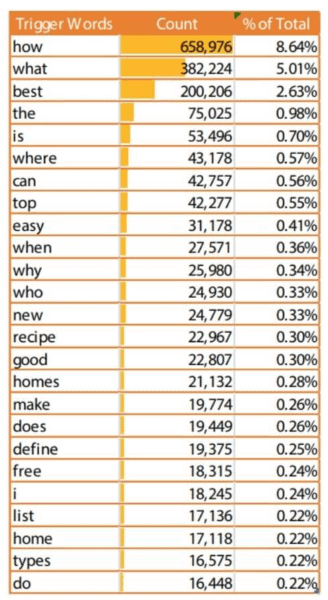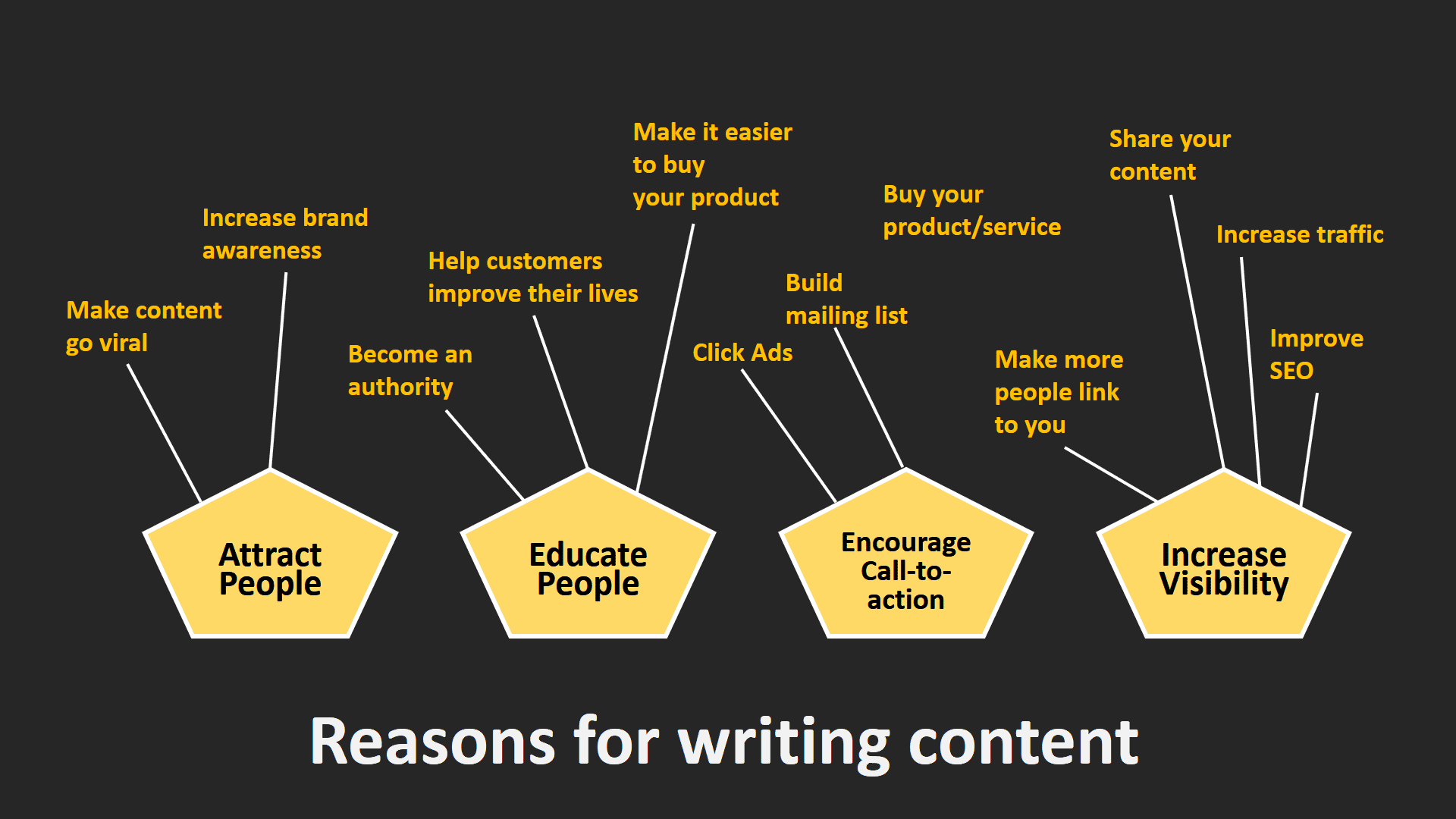
Content writing for voice-activated devices
Here is how to write content for voice-activated devices or voice search:
- Write your content in the form of questions and answers.
- Write your content according to the trigger words like why, when, who, where, and so on.
- Optimize your writing for Google’s featured snippets.
- Use simple words and smaller sentences.
- Format your text to look its best on mobile layout.
Content writing is fast becoming “Voice-First”. Siri, Cortana, Google Assistant, Google Home, and Amazon Echo are all examples of technologies that use voice as a primary source of information exchange.
Voice-activated or voice-controlled devices are everywhere these days. You can use even your phone with voice these days (Google Assistant, for example). If you’re using Google Voice, you are using a voice-activated device.
But there are some dedicated voice-controlled and voice-activated devices such as Amazon Echo and Google Home. These are smart devices. These are also a big part of “Internet of Things”. They exchange data between each other. They fetch you information from the Internet.
Just in America, 53 million people have some sort of smart speaker. According to comScore, 50% of the searches will be voice searches by 2020. 30% searches will be without screen by 2020, according to Gartner, which means, you will speak into your device and the device will speak back to you.
In terms of content writing, if you want to write content for voice-activated devices, it means writing content in such a manner that when someone speaks a query into a smart speaker like Google Home, it can quickly retrieve the information from your website and then convey the information, through voice, to the person searching for the information.
If it is simply going to read the information from your website, what’s the big deal about specifically writing content for voice-activated devices? What’s the difference?
Well, first of all, when we are speaking, we don’t speak very long, complicated sentences.
We use short phrases. The language is conversational. It is to the point. We don’t beat around the bush otherwise the listener gets confused. The question is asked, and the answer is given with as little fuss as possible.
When you interact with a voice-activated device, it takes your audio input, turns it into text and then uses that text to fetch information from the Internet, turns the textual information into voice and then plays the voice to you.
This happens within a second, so you don’t realize all this transformation happening in the background.
Should content writing for voice-activated devices be different from regular content writing?
It depends on what you call regular content writing.
Even when you are writing without taking voice-activated and voice-controlled devices into account, you should stick with simple writing, shorter sentences, and paragraphs that express just a single thought.
This has two benefits:
- Your text is easier for people to read.
- Search engine ranking algorithms find it easier to process your text and hence, you enjoy better search engine rankings.
By nature, and by passion I am a writer. I prefer to let myself lose without bothering about how my text is going to sound, as long as it sounds fine to me. I don’t mind using complicated sentences and complicated words. Ideally, I couldn’t care less how search engines interpret my text as long as it is loved by my readers.
But we don’t live in an ideal world. When I’m writing for my content writing clients, I pay close attention to writing in simple language.
Simple language doesn’t mean dumbifying the content. It means avoiding using 10 words when 5 would suffice.
Remember when people were having two simultaneous versions of their websites, one for mobile phones and one for desktops and laptops?
These days most of the websites have liquid layouts: the same website readjusts information according to the screen size. This saves us from having multiple websites for multiple screen sizes.
The same should be applicable in content writing. When you are writing content for your website or your blog, you shouldn’t have to write different copies for human readers and for voice-activated devices.
Take for example this blog post. You can read it easily. Even the voice-activated devices shouldn’t have any problem reading and voicing the text on this blog post.
Whether you are writing for voice-activated devices or for human readers, write as simply as possible.
Listed below are a few things you can keep in mind while writing content so that it is easier to read by voice-activated and voice-controlled devices.
People use conversational queries when using voice search on voice-activated devices
People use “find me someone who can fix my sink” instead of “plumbing services”. Or “plumbing services near me”.
It has been observed that when people type their queries, they use smaller search terms but when they are talking into their devices, they use longer sentences.
Now that I’m writing this, I’m thinking that above I have written that when optimizing content for voice-activated devices you should focus on smaller sentences.
That still holds. Smaller sentences and simpler words are not just easy to listen to, they’re also good for your search engine rankings.
Optimize for featured snippets
Some time back I wrote a blog post on how to optimize your content for featured snippets, though, there is no exact way of doing it.
Here is the blog post: Google’s Featured Snippets: How to rank at #1 with strategic content writing.
Google often uses search results with the featured snippet box for a quick answer to your query.
As more and more people use voice search featured snippets will get more prominent.
This is because the featured snippet text is already available to Google and it can straightaway read to you the information from it instead of first having to visit the website, fetch the information and then read it to you.
Provide answers to questions
Most of the search queries for voice search use trigger words such as how, where, what, when, why, who, the and can. Given below is a small visual taken from seoClarity that lists the percentage of trigger words used for voice search.

Percentage of search engine queries for voice searches
For example, people would search for “how do I reach Sabarimala from Cochin?” or “how do I find a professional content writer for my business website?” or “best content writing service for my website”, or “where can I find a restaurant that is open at 11 PM?” or “who is the best travel agent in Timbuktu?”
Also, prepare a comprehensive FAQs section because this is a section where you can optimize your writing in the question-answer format.
Concluding remarks on writing content for voice-activated devices
The advice that I give for search engine optimization, I also give for voice search optimization or for writing content for voice-activated devices: don’t overly worry about optimization, just focus on providing good content in easy-to-read language.
Easy-to-read language keep people focused. Search engine algorithms find it easy to interpret and then rank.
Develop a habit of writing in the form of questions and answers. This is because, what does a query mean? It means asking a question. Provide the answer, the best possible answer.









